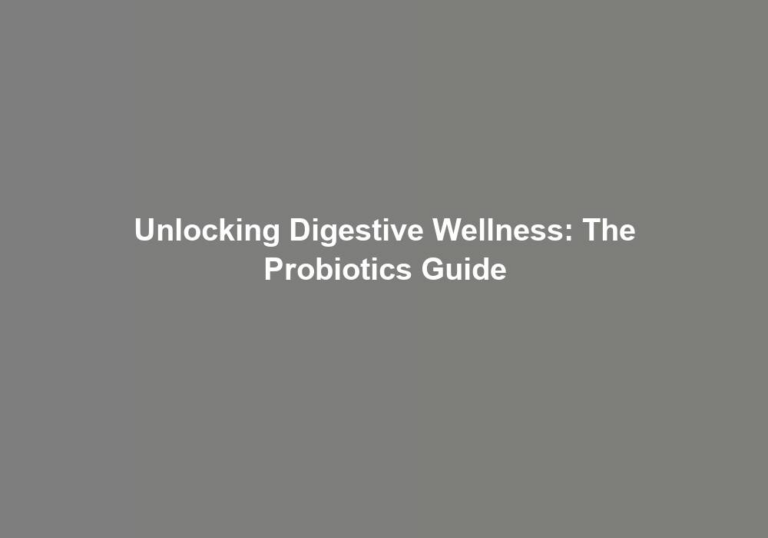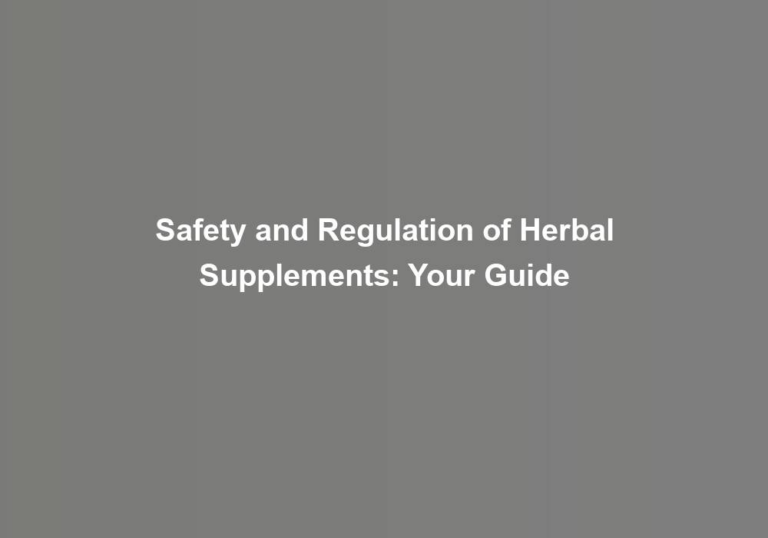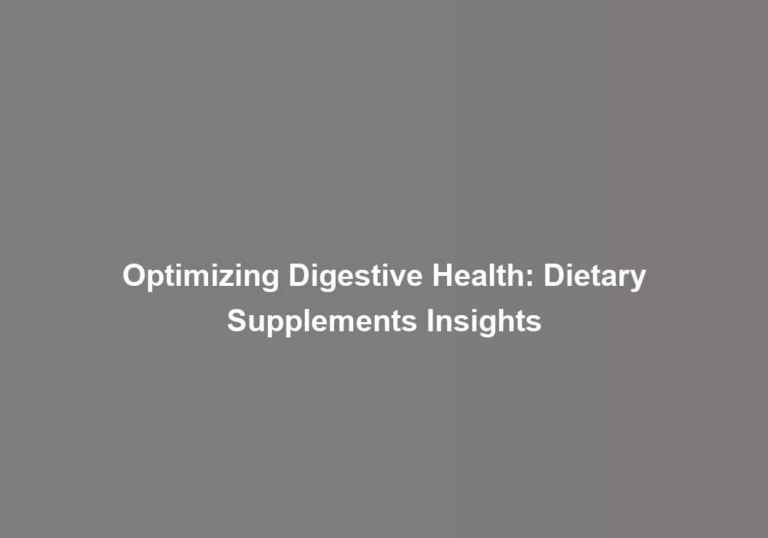The ABCs of Health: Navigating Essential Vitamins
Embarking on a journey to optimal health is like setting sail on a vast ocean, and essential vitamins are the compass that guides your way. As you navigate through the ABCs of health, youG??ll uncover the crucial role that each vitamin plays in maintaining your well-being. From Vitamin A to Vitamin K, each letter holds a key to unlocking the potential for a healthier you. But how exactly do these vitamins impact your body, and what can you do to ensure youG??re getting enough of them? Stay tuned as we unravel the mysteries and benefits of these essential nutrients, and discover how they can support your overall health and vitality.
Understanding Vitamin A
Understanding Vitamin A is essential for maintaining good vision, supporting a healthy immune system, and promoting proper cell growth and development. Vitamin A plays a crucial role in vision support, particularly in low-light conditions. This essential nutrient is a key component of rhodopsin, a protein in the eye that allows you to see in dim light. Without sufficient vitamin A, you may experience night blindness or other vision problems.
In addition to its role in vision, Vitamin A is also vital for immune function. It supports the bodyG??s natural defense system, helping to fight off infections and maintain overall health. Research has shown that vitamin A plays a crucial role in the development and differentiation of immune cells, such as T-cells and B-cells, which are essential for a robust immune response.
Moreover, Vitamin A is involved in promoting proper cell growth and development. It aids in the growth and maintenance of various tissues in the body, including skin and mucous membranes. This is essential for overall health and wellbeing.
ItG??s important to note that while Vitamin A is crucial for various bodily functions, itG??s essential to consume it in appropriate amounts. Too little or too much vitamin A can lead to adverse health effects. Therefore, maintaining a balanced diet that includes sources of vitamin A, such as carrots, sweet potatoes, and spinach, is essential for ensuring optimal vision, immune function, and overall well-being.
The Power of Vitamin B
Exploring the role of vitamin B in maintaining optimal health reveals its essential functions in energy production, metabolism, and nervous system support. Vitamin B is a group of eight distinct vitamins, each with its own specific role in the body. HereG??s why these vitamins are crucial for your overall well-being:
-
Boosting Energy: Vitamin B plays a key role in converting the food you eat into energy. Thiamine (B1), riboflavin (B2), niacin (B3), pantothenic acid (B5), and biotin (B7) are all involved in this energy production process. Without an adequate intake of these vitamins, you may feel fatigued and have decreased energy levels.
-
Supporting Metabolism: The B vitamins are essential for maintaining a healthy metabolism. They help convert nutrients from the food you eat into forms of energy that your body can use. In particular, vitamins B6, B7, and B12 are important for supporting a healthy metabolism.
-
Aiding in Nervous System Function: Vitamin B plays a crucial role in maintaining the health of the nervous system. Vitamin B6, B9 (folate), and B12 are especially important for nerve function and the synthesis of neurotransmitters, which are essential for signaling between nerve cells.
-
Supporting Overall Health: In addition to their roles in energy production, metabolism, and nervous system support, vitamin B also plays a part in maintaining healthy skin, hair, and liver function.
Incorporating foods rich in vitamin B into your diet is essential for maintaining optimal health and well-being.
Unveiling Vitamin C Benefits
Vitamin C, also known as ascorbic acid, is an essential nutrient with a wide range of benefits for your overall health and well-being. It plays a crucial role in immune support, helping your body fend off illnesses and infections. Vitamin C acts as a powerful antioxidant, protecting your cells from damage caused by free radicals. By neutralizing these free radicals, it supports your bodyG??s natural defense mechanisms, contributing to your overall well-being.
In addition to its immune support and antioxidant effects, vitamin C is also vital for skin health. It is a key player in collagen production, which is essential for maintaining the strength and elasticity of your skin. Collagen provides structure to your skin, aiding in wound healing and maintaining a youthful appearance. Furthermore, vitamin C assists in the repair of damaged skin cells and tissues, promoting a healthy and radiant complexion.
Incorporating vitamin C into your daily routine through a balanced diet or supplements can have a profound impact on your health. Including a variety of vitamin C-rich foods such as citrus fruits, strawberries, kiwi, bell peppers, and broccoli can help ensure that you meet your daily vitamin C requirements. By prioritizing your intake of this essential nutrient, you can support your immune system, protect your cells, and maintain healthy, glowing skin.
Diving Into Vitamin D
Dive into the importance of vitamin D for maintaining overall health and well-being. Vitamin D plays a crucial role in supporting your bodyG??s immune function, promoting healthy bone density, and regulating mood. Ensuring adequate levels of this essential vitamin is vital for your overall well-being.
-
Sun Exposure: Your body can naturally produce vitamin D when your skin is exposed to sunlight. Spending some time outdoors each day can help you maintain optimal levels of vitamin D.
-
Dietary Sources: While sun exposure is a significant source of vitamin D, you can also obtain it from certain foods. Fatty fish like salmon and tuna, egg yolks, and fortified dairy products are excellent dietary sources of vitamin D.
-
Supplement Options: In cases where sun exposure and dietary sources are insufficient, vitamin D supplements can be beneficial. Consult with your healthcare provider to determine if supplementation is necessary for you.
-
Risk Factors: Individuals with limited sun exposure, darker skin tones, older adults, and those with certain medical conditions may be at higher risk of vitamin D deficiency. If you fall into one of these categories, itG??s essential to be mindful of your vitamin D intake.
Understanding the significance of vitamin D and incorporating sun exposure and dietary sources into your routine can have a positive impact on your overall health. Be proactive in ensuring you meet your bodyG??s vitamin D needs for optimal well-being.
Exploring Vitamin E and K
When considering essential vitamins for your overall well-being, understanding the roles of vitamin E and K is crucial. Vitamin E is known for its antioxidant properties, which help protect your cells from damage caused by free radicals. This vitamin plays a vital role in supporting your immune system, skin health, and overall cellular function. You can find vitamin E in various foods such as nuts, seeds, and vegetable oils.
On the other hand, vitamin K is essential for blood clotting functions. It helps your body form blood clots and prevents excessive bleeding. There are two main forms of vitamin K: K1, which is found in leafy green vegetables, and K2, which is found in fermented foods and animal products. Both forms are important for maintaining healthy blood clotting processes in your body.
Incorporating vitamin E and K into your diet is essential for maintaining optimal health. Ensuring an adequate intake of these vitamins can contribute to overall well-being and reduce the risk of certain health conditions. While vitamin E protects your cells from damage, vitamin K supports proper blood clotting functions, which are crucial for preventing excessive bleeding and promoting wound healing.
Understanding the roles of vitamin E and K and incorporating them into your diet can help you maintain a healthy and balanced lifestyle, supporting your bodyG??s essential functions.
Conclusion
So, now you know the ABCs of essential vitamins. Did you know that vitamin D deficiency affects over 1 billion people worldwide? ItG??s important to ensure youG??re getting enough of these vital nutrients to support your overall health and wellbeing. Whether itG??s through a balanced diet or supplementation, taking care of your vitamin intake is a crucial part of maintaining a healthy lifestyle. Keep learning and exploring to stay on top of your health game!







